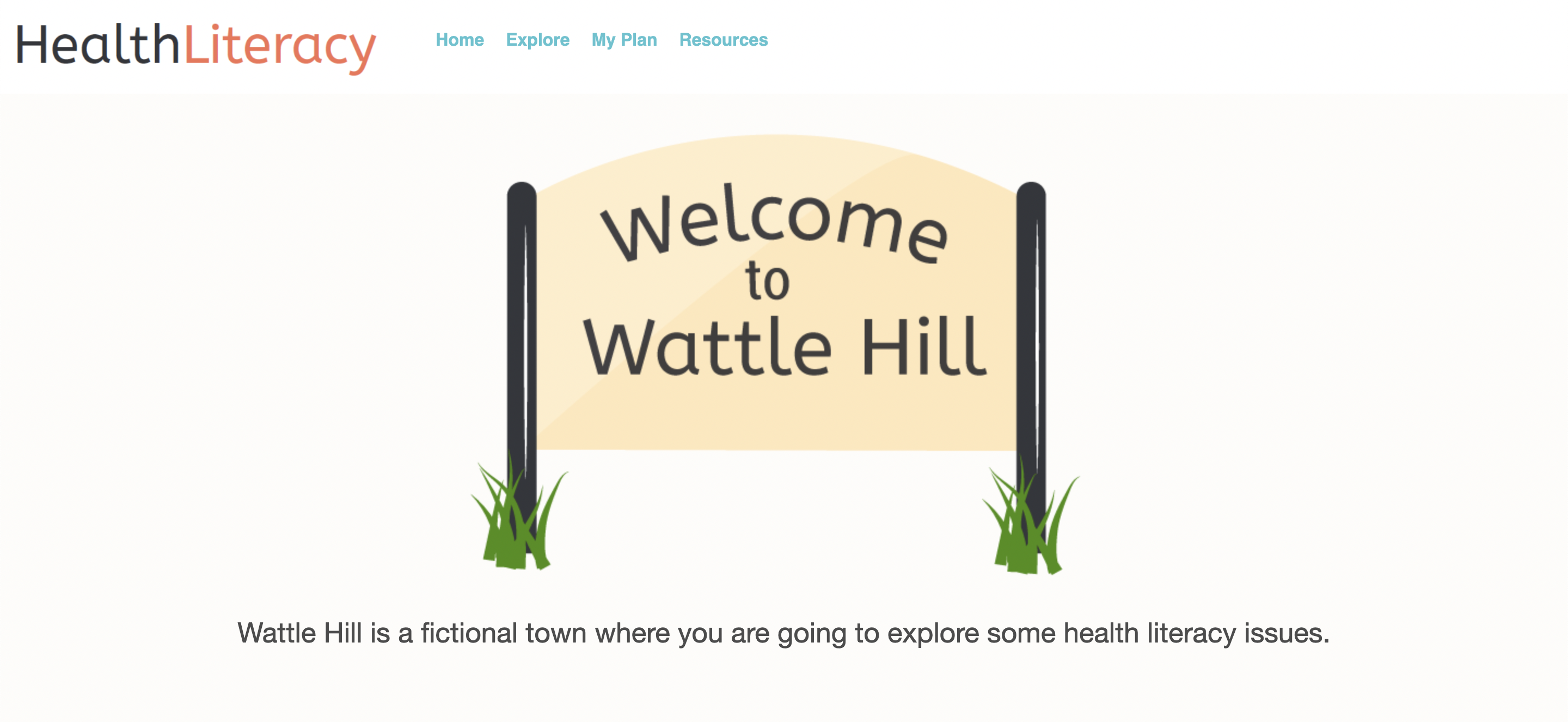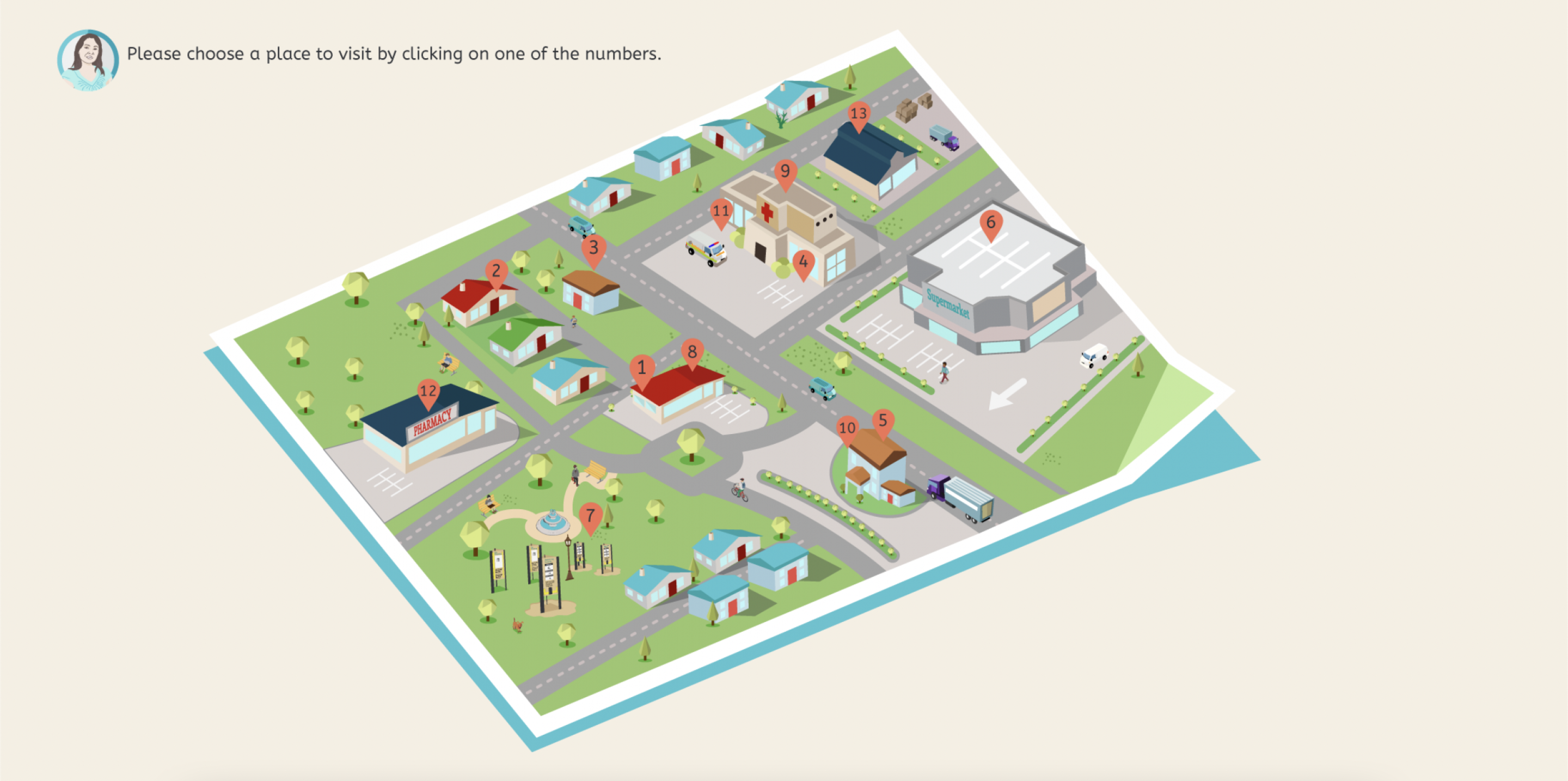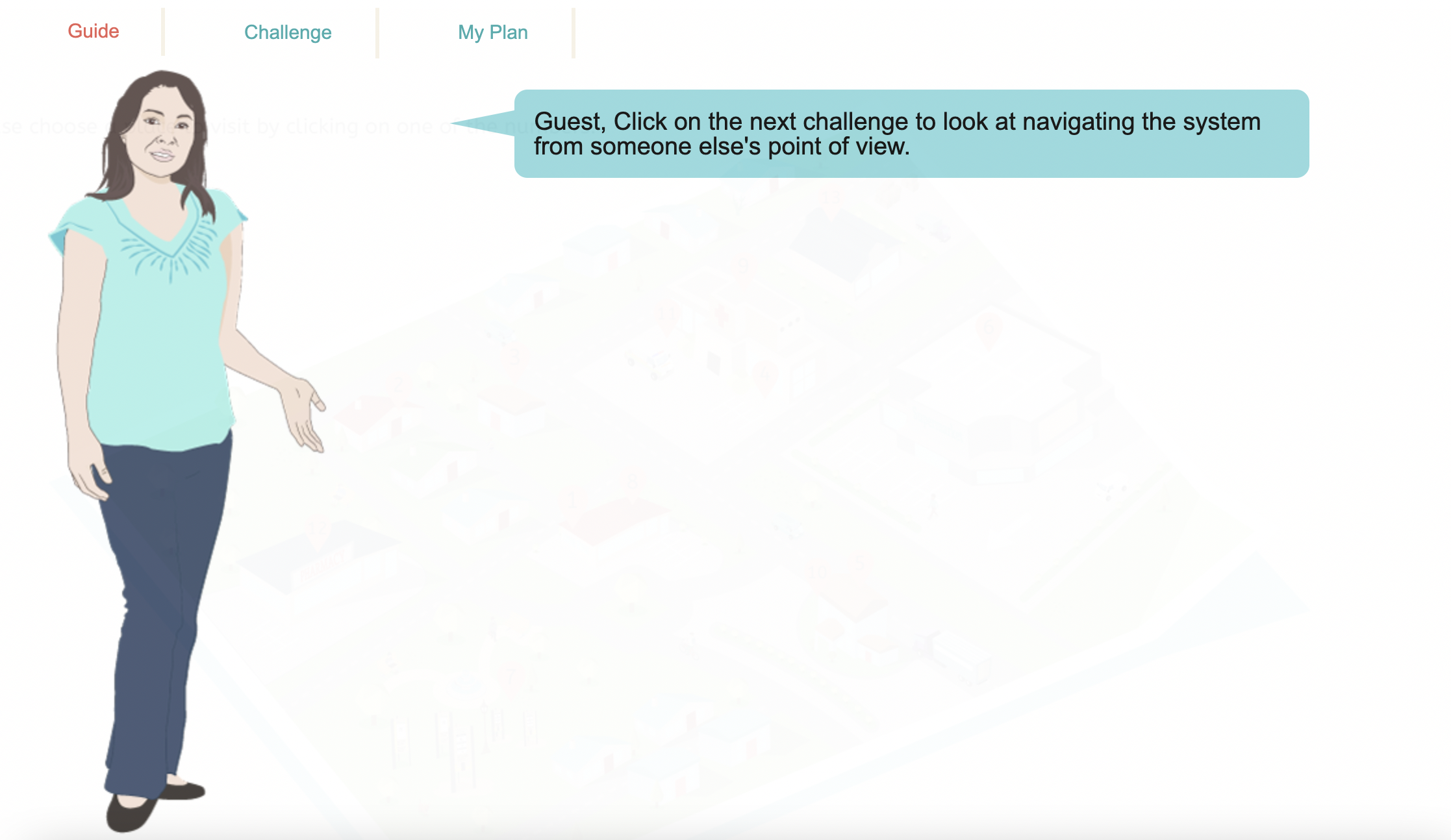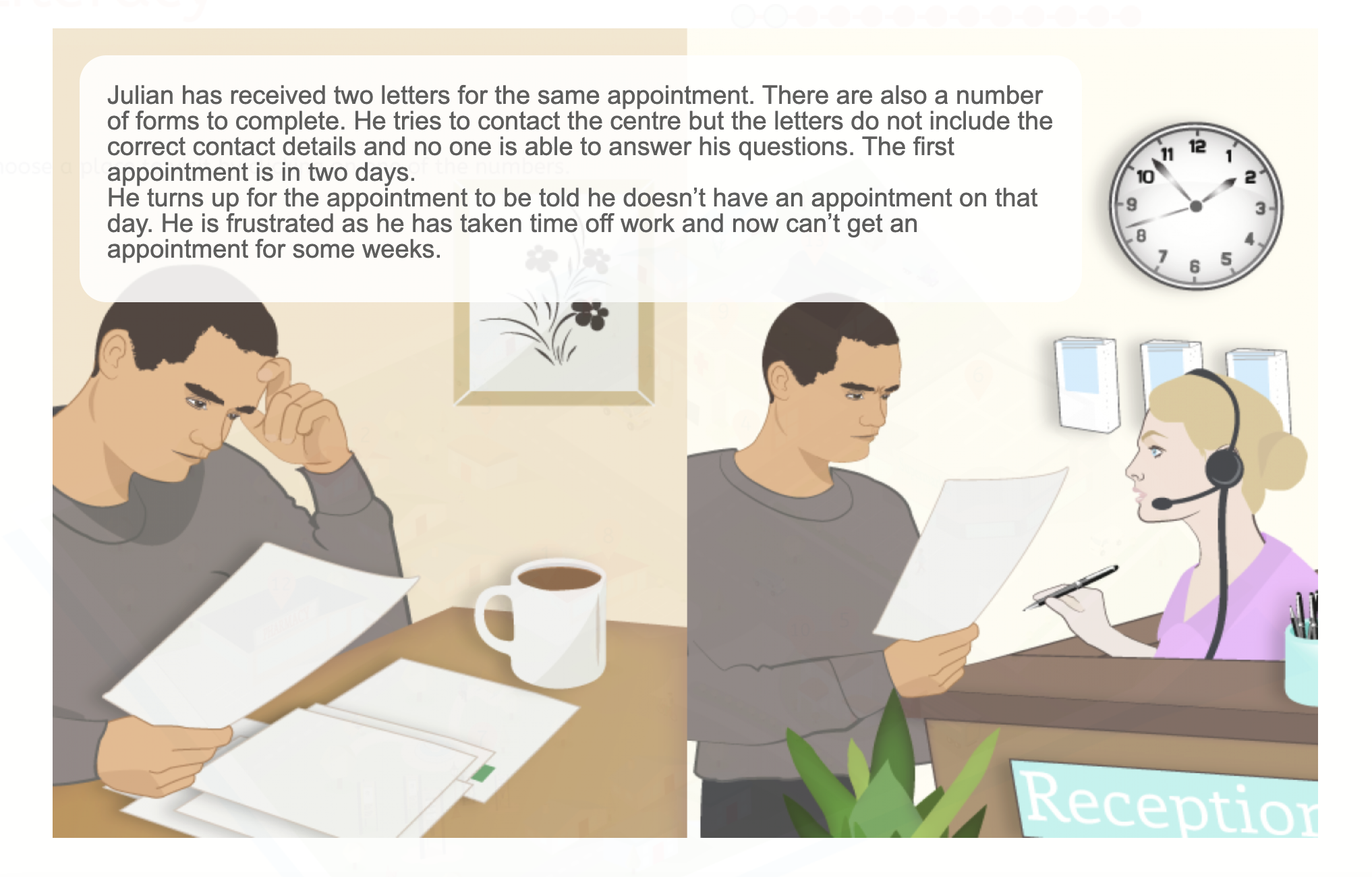Using interactive scenarios to raising the awareness of health literacy issues
The Challenge
![]()
63% of Tasmanians do not have adequate health literacy to meet the demands of modern life. The Population Health area of the Department of Health is responsible for increasing the capacity of internal staff and other Tasmania health care workers in the delivery of services to increase health literacy. What was needed was a learning experience to meet the diverse needs of employees and enable employees to quickly develop core capabilities to help meet the health literacy needs of Tasmania.
The Solution
![]()
The approach could have been a content-based approach, e.g. an explanatory video. Instead, the solution is performance-focused. Sprout Labs developed a learning experience based around a series of interactive micro-scenarios reflecting real health literacy challenges.

The spark
One of the important learning points for the learning experience is, health literacy problems happen outside of, what is normally thought of as the health care system, they happen in community settings.
The learning experience is based around the fictional town of Wattle Hill. The stage of the learning experience provides an introduction to Wattle Hill and what health literacy is.

The map
The main navigation element is an isometric map of the town that the learner explores. When they click on a place they start the scenario linked to that place.
They can move freely around the map.

The guide
When the learner starts a scenario, they are given an overview of an aspect of health literacy by the guide.
They then move onto solving a challenge.

The challenges
The learner then reads about a health literacy issue that a community member is having and they are asked to solve this problem by choosing from a list of possible actions.
At the end of each activity, the learner can choose to add an action to their learning plan. This learning plan can be accessed at any time.
The learning experience has been developed in Glasshouse and it has complete open access without a password. The usage of the learning experience is being tracked using Experience API ( xAPI) which is a modern, flexible means of collecting data about the range of experiences a person has within online and offline training activities.
The Result
![]()
The result is a highly effective, performance-focused learning experience allowing the learner to practice new skills and plan for more learning. Over 14,000 people have used the learning experience. The Health Department has opened it up to anyone and it’s been integrated into other organisations' learning programs.